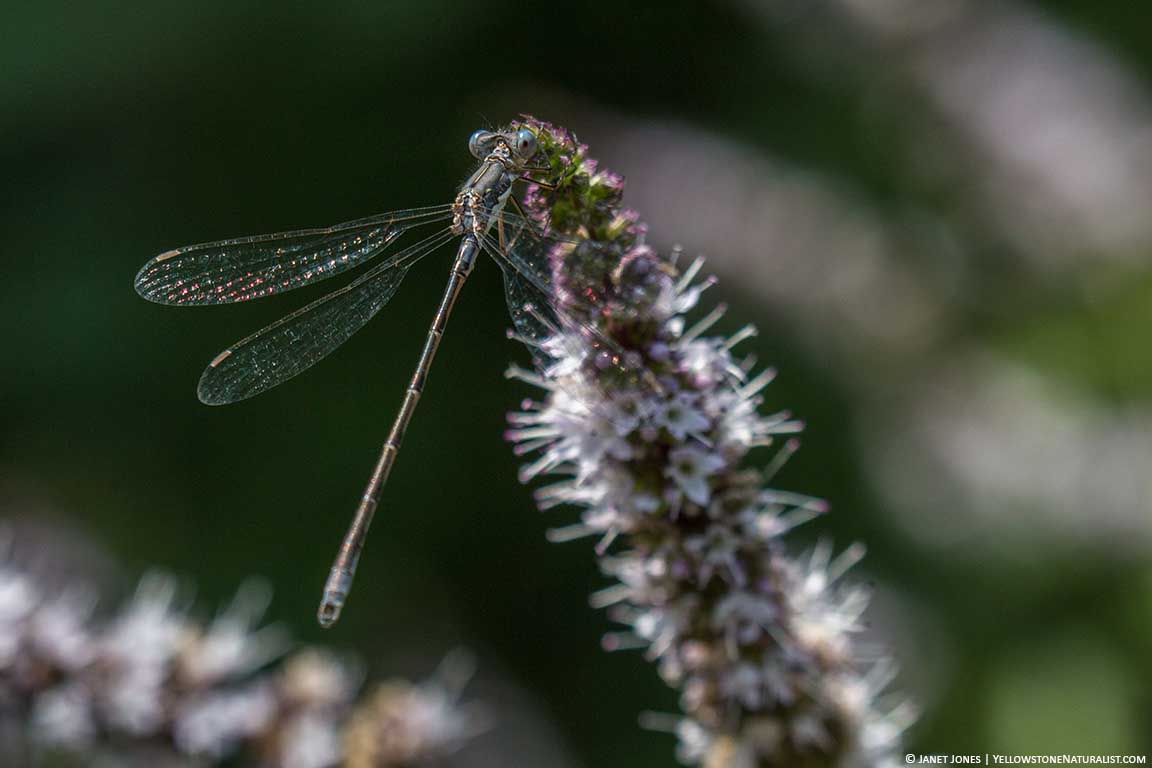What is a naturalist?
Simply put, a naturalist is someone who studies nature. If you have a bird feeder that you watch and fill with seed, then you’re a naturalist. If you fish and pay attention to the hatches while fishing, then you’re a naturalist. If you have a garden you tend – paying attention to the growth of the plants, and savoring the harvest, then you’re a naturalist.
Many people these days long for a closer connection to nature, but since they’re in the city, they think they need to travel to be a naturalist. Not so. Nature of some sort is always around you – no matter where you are. Everyone has the sky to watch, and no matter how much concrete surrounds you, nature finds its way – there are trees. And, of course, weeds that always persist. Birds find the parks, trees and small watering spots. Coyotes and raccoons thrive in most cities. Nature is there.
THE BENEFITS OF DECIDING TO OBSERVE NATURE
PAUSING: Naturalists practice pausing, being still and observing. When you’re used to the constant business of life without pausing, this seems almost like a waste of time. But it’s in this pausing where the refueling for life can be found. it’s a practice that now comes naturally for me, and transfers to all that I do. Learning to stop and be still allows you to listen and pay attention to others better. It helps you to step back and see the broader context of what’s happening.
NOTICING: By becoming familiar with your surroundings, you know what’s normal…and pick up more quickly when things change, or are even slightly different. It’s a good skill to develop not only to more easily pick up on the changes in the seasons, but also in your garden, or along the path you normally walk. The more deeply you come to know a place, the easier it is to spot what’s different.
PAYING ATTENTION: Paying attention is simply letting yourself become still and allow that which you are observing to take center stage in your mind. The more you practice observation skills, the easier it is to pay attention whether you’re outside, watching nature or listening to a friend.
SAVORING: When working on my field journal, I might work on photos – sifting through them and printing out a few. I find I go right back to that moment and savor it more deeply through the notes taken or sketches or photos made. When we find things we appreciate and bring us joy, learning to savor them not only in the moment, but again while working on your field journal definitely increases that appreciation and joy.
STABILITY: I think one reason we, as humans, need and crave a connection with nature is because as changeable as it is, nature is steady. I know that animals will behave as they are meant to behave, that the gentle transitions from one season to the next will follow the same pattern. Nature is reliable – and to tune yourself to this, you find a stability in life that doesn’t let you down.
OPENING UP POSSIBILITIES: As you start to observe, usually something will catch your eye more than others. A question will arise you want to find out the answers to. Follow those curiosity triggers. You never know where they might lead.
HOW TO START
Right now – take five minutes to just look out the window – or better yet, take a short walk. Just notice what is. Look at the sky, the weather, for signs of the transition to the next season. Then, if you will, find a notebook, write the date and jot down what you noticed. Rinse and repeat.
There, you’re a naturalist.
One small word of warning: you will find questions that can lead you down fascinating paths in life.
